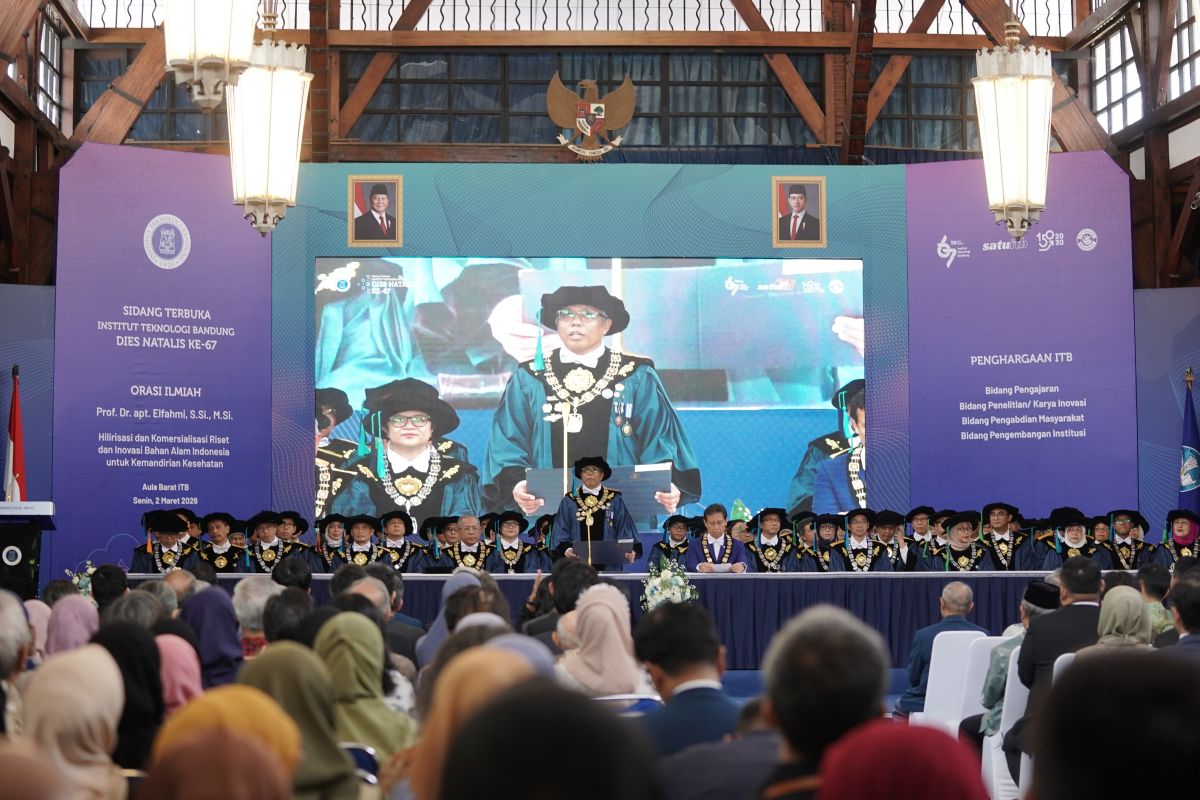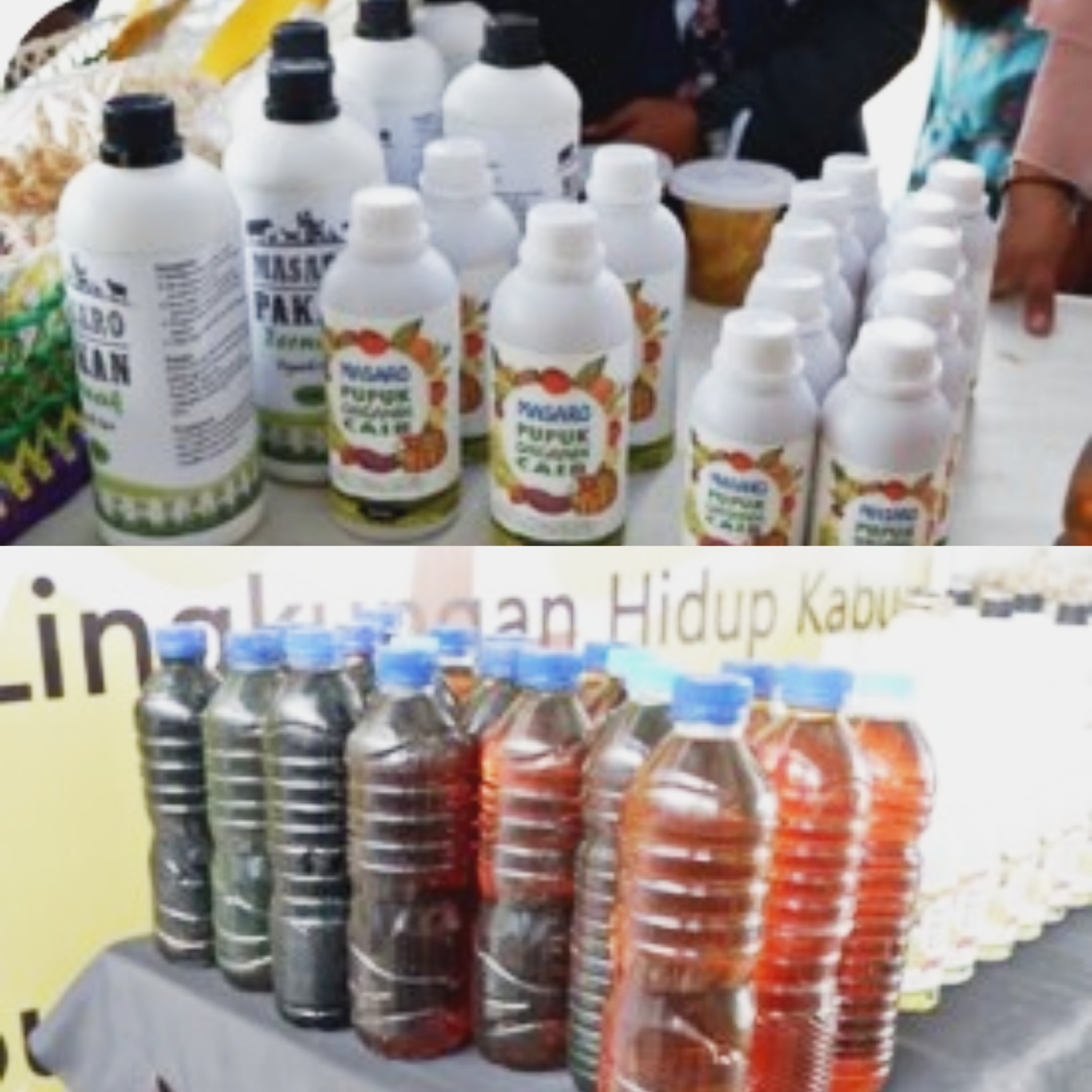Technology-Based Aquaculture to Create Zero Waste and Economic Growth of Indonesia
By Adi Permana
Editor Adi Permana

BANDUNG, itb.ac.id—Institut Teknologi Bandung (ITB) has returned along with its innovations to solve problems encountered in society and to give education at the “Karsa Loka” event. This event was an act committed by ITB to improve its notion, experience, and role in helping the community to resolve the aforementioned problems.
Working together with the Design Ethnography Lab from the Faculty of Arts and Design (FAD), LPPM ITB conducted Karsa Loka Vol. 015 online through LPPM ITB’s Zoom and YouTube channels on Friday (12/3/2022). The event was supported by Media Indonesia as the media partner which also invited individuals to share knowledge and best practice in preserving community empowerment through the means of appropriate innovation in science, arts, and technology.
Karsa Loka Vol. 015 raised “Akuakultur Berkelanjutan” or ‘Sustainable Aquaculture’ as its theme. Acep Purqon, S.Si, M.Si., Ph.D, an FMIPA ITB lecturer, was invited as the event’s informant and Meirina Triharini, S.Ds., M.Ds., an FSRD lecturer, was to guide the event.
Aquaculture

Aquaculture is the breeding and rearing of aquatic organisms using water as its main component. Acep explained that Indonesian people have a habit of hoarding even though this habit originated from four-season countries since plants are not quite suitable to be cultivated there. However, considering Indonesia’s potential for biodiversity, this habit should be abandoned and switched to a fresh culture recommended by SDGs. This fresh culture is to create fresh products using the available technologies.

As a consequence, there have been many cases of death caused by malnutrition or even food scarcity in Indonesia. An ongoing problem usually found in developing countries is stunting. Stunting is the condition of having impaired growth due to malnutrition. Cases of stunting in Indonesia are alarmingly high. WHO ranked Indonesia third in the prevalence of stunting with a percentage of 30,8% (based on data from 2019). This alone has already surpassed WHO’s target of 20%.
To overcome this problem, the government has already taken some measures, one of which was in the sector of aquaculture. The Ministry of Marine Affairs and Fisheries of Indonesia has been promoting the consumption of fish to pregnant and lactating women. However, this agenda has also been problematic due to unequal distribution and other difficulties.
Salmon Farming
Acep said that the key to the future is how to prepare and plan for everything. Therefore, ITB is present with thorough planning and preparation to overcome this problem. Acep and his team conducted salmon farming in cooperation with Japan. The basis for Acep and his co-working team in salmon research covered:
1. Salmon is very popular in Japan. Salmon consumption in Japan can reach 600.000 tons per year.
2. A firm request from Japan to construct Land-Based Aquaculture for salmon farming in Indonesia with Japan committing financial support.
3. Investment and operational cost that is relatively inexpensive compared to other marine cultures.
4. Salmon is able to live both in fresh water and salt water, making it easy and simple to cultivate.
5. Salmon contains multiple nutrients such as Vitamin D, Omega 3, and fatty acid.
According to Acep, the biggest challenge in this research was to build a habitat that is similar to the original since it required a tremendous amount of energy. It is worth noting that in manufacturing a product, the culture underlying it is not to be neglected. Consequently, Acep utilized wind turbines and solar cells to support the salmon habitat considering the availability of sunlight and wind in Indonesia.
Integrated Farming System

In maintaining salmon farming, Acep utilized a technique called Integrated Farming System. It is an agricultural system that takes advantage of the interrelation between crops, food, horticulture, livestock, and fishery to achieve an agroecosystem which, in turn, increases agricultural production (habitat stability), economic development, and the preservation of natural resources.
Integrated farming system creates an artificial ecosystem in which agricultural, livestock, and fishery activities are organized in such a way that they can be integrated with one another. This system is expected to not negatively affect the environment so that zero waste can be realized to sustain a circular economy.
From the cases presented above, it is evident that the problems found in society can be overcome by observing the potential. To find the proper solution, it is imperative to do an exhaustive planning and preparation because, in actuality, there is no problem that cannot be solved. “Potential is just a mere potential if it isn’t taken advantage of,” said Acep.
Reporter: Pravito Septadenova Dwi Ananta (Geological Engineering, 2019)
Translator: Ariq Ramadhan Teruna (Faculty of Industrial Technology, 2021)

.jpg)

.jpg)
.jpg)
.jpg)

.jpg)

